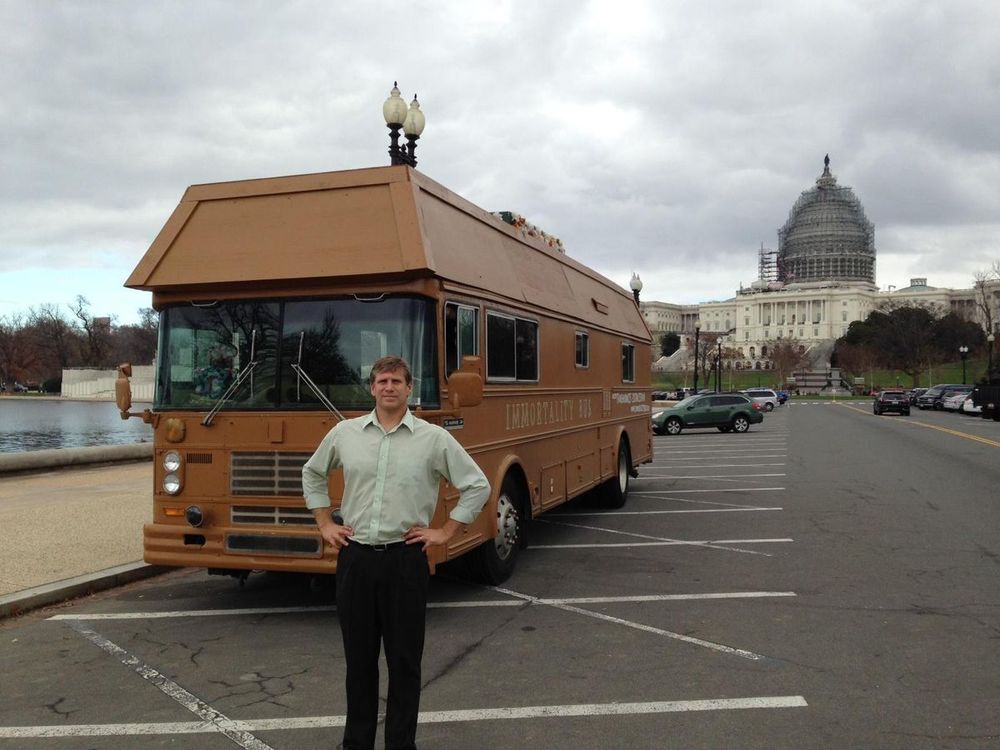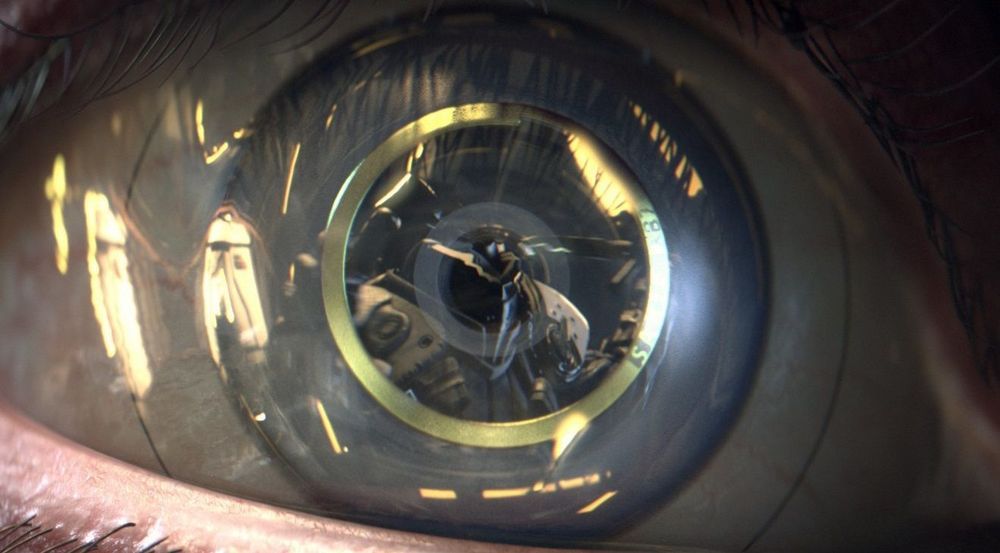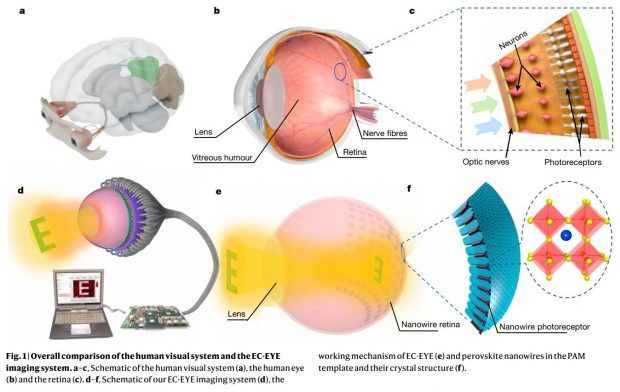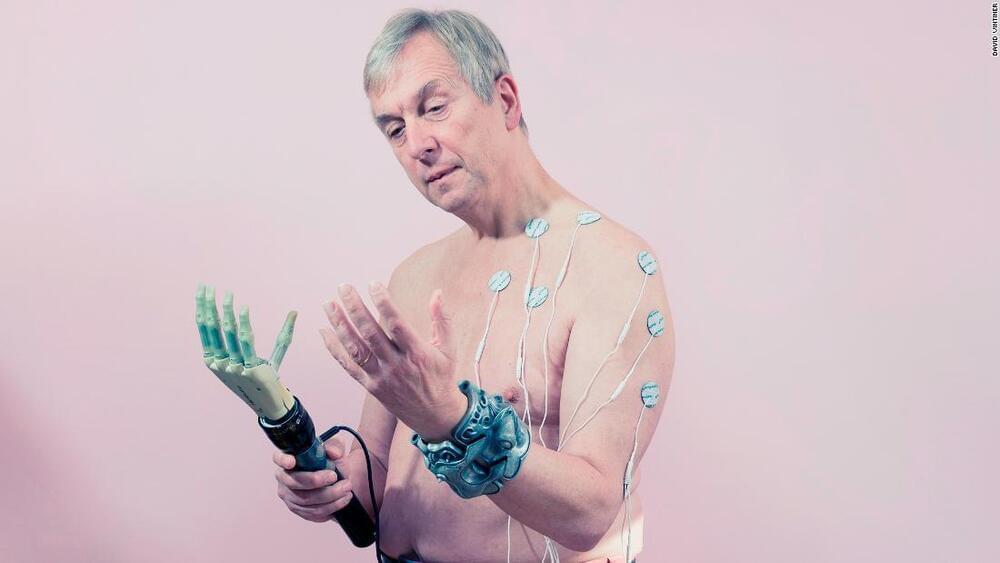Leading futurist Tracey Follows has written an article at Forbes on #transhumanism documentary IMMORTALITY OR BUST. Check it out!
Zoltan has a more radical idea of change than almost anything else you are seeing on your TV screens today but the mainstream media continue to miss him. That’s why it’s good to see he has made his own documentary film explaining to a broader audience what he’s doing, how it all works, and why they should be interested in transhumanism at all.
‘Immortality or Bust’, winner of the Breakout Award at the Raw Science Film Festival in Los Angeles, follows Zoltan on his 2 year campaign running for President of the US. The film starts by explaining his passion for this transhumanist cause and shows him building a custom-made Bluebird motorhome like his father drove when he was a kid, turning it into a mobile coffin to take him on his journey to Washington DC. There he is to deliver his Transhumanist Bill of Rights.
He enlists friends and family in his quest but we also see him travelling to meet unbelievers and skeptics too, putting his case for Transhumanism over traditional religion. At one point in the documentary he reminds us that atheists never bomb anyone. An important plank of his policy platform is to drastically reduce military funding and redistribute that investment into science. He makes a strong argument that we are living in a military-industrial complex that is out of date, whilst the war we should really be fighting, in this century, is the war on cancer.
He’s actually fighting a war on ageing. For at the heart of transhumainsm is the idea of life extension. As the title suggests, it is life extension that ties together the threads of the film. Those threads include a man on a mission to spread the word of Transhumanism, a U.S. Presidential candidate coming face to face with the religiosity of his nation, and a son whose father has had four heart attacks and whom he would love to protect so he can live forever. These three stories together depict Zoltan as the impossibly human face of Transhumanism.





